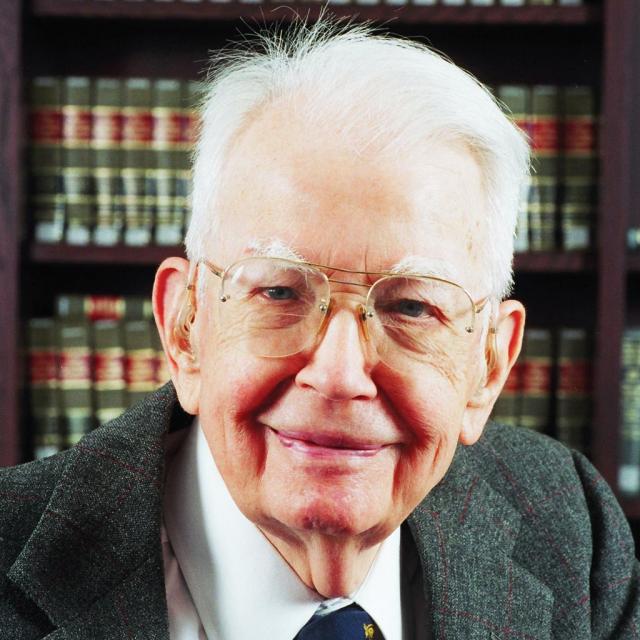
In plain English this means that in a hypothetical dispute between two individuals regarding the exercise of their property rights, it is “better” (i.e., economically efficient) if they bargain for a solution—as long as the bargaining is not fouled up by poorly defined rights, political meddling, or an extremely costly bargaining process. However, all of this has led the economics profession to focus primarily on the concept of externalities, not on the bargaining.
In a PERC conference beginning today, co-sponsored by the Liberty Fund, Inc., we suggest a significant departure from this perspective. Focusing on the externality takes us away from the liberty and responsibility that individuals have to work out problems without government intervention. Property rights that are clearly defined would, both theoretically and practically, do a much better job of working out disputes between property holders than the specter of constant government intervention and regulation. Liberty is better served by the bargaining and negotiations that private actors should be obliged and motivated to try in the vast majority of disputes. If the field of economics could be persuaded that the key point is not the externality, but the fact that bargaining would prevent almost everything that economists call an externality, it would go a long way towards promoting a free and responsible society and research that focuses on the importance of markets and freedom.
In this conference we will review the history of externalities starting with A.C. Pigou. We will then examine some of the applications that widely influenced later thinking on the matter, most notably Paul Samuelson’s textbook. Next we will look at Coase, the “revision” of the history and meaning of Coase by Stigler. We will then examine some of the practical applications that focus on bargaining as compared to externalities to illustrate the widespread advantages of emphasizing bargaining as the main vehicle to deal with disputes as compared to focusing on the externalities and the role of the state.
There are several questions we will consider: What exactly did Coase say? It was, after all, George Stigler, not Coase, who coined the phrase “Coase Theorem,” and Coase himself was apparently uncomfortable with the use of the phrase for much of his life. How does the general conception of the Coase Theorem differ from Coase’s actual work? How critical is Coase to our current debates about liberty, limited governments, and free markets today? What are the policy implications of focusing on externalities? What are the policy implications of a property rights approach?
We welcome readers’ thoughts on these questions below. For more on the legacy of Ronald Coase, see PERC’s Q&A with Steven Medema on the Coase Theorem in environmental economics.


